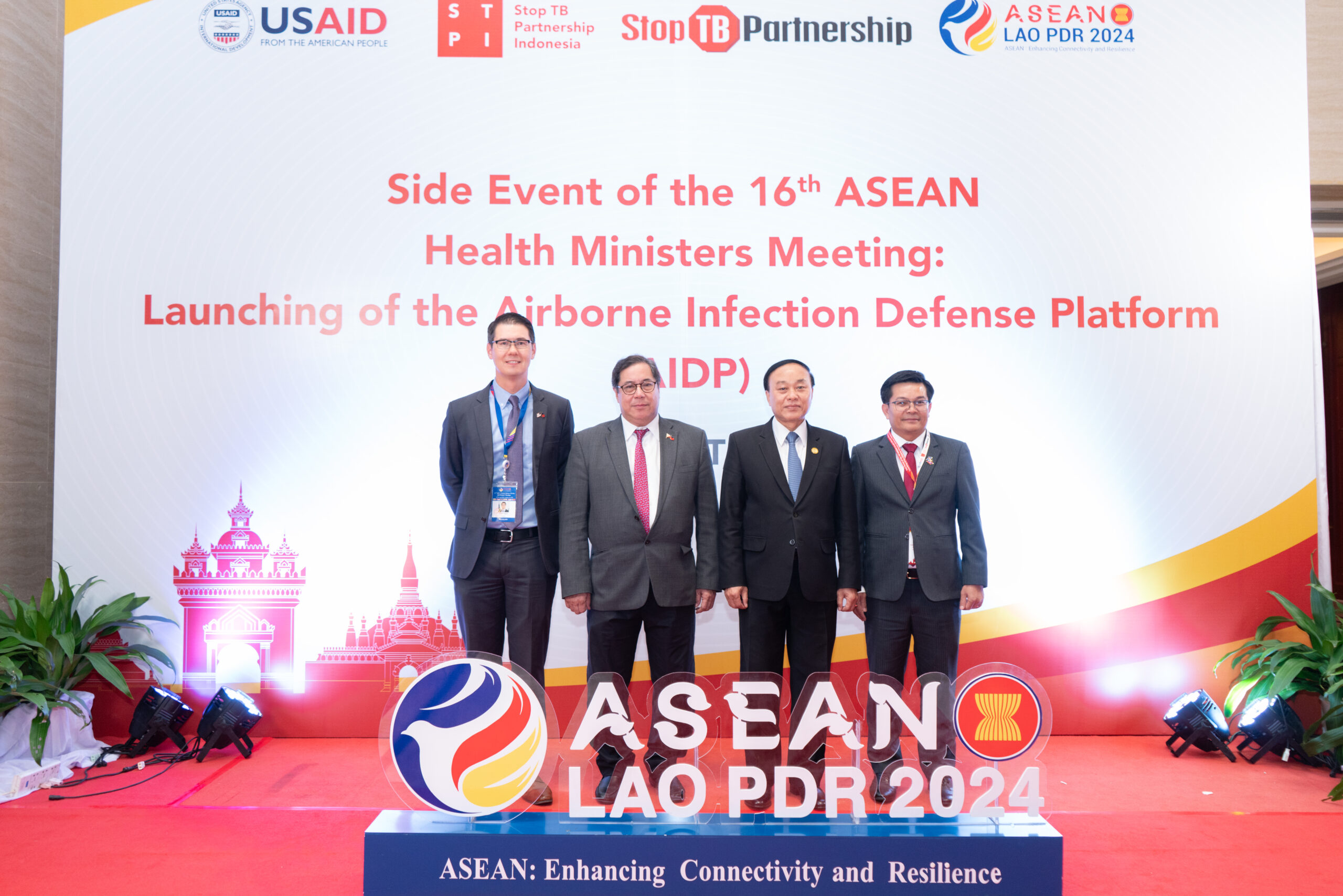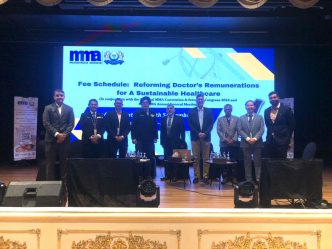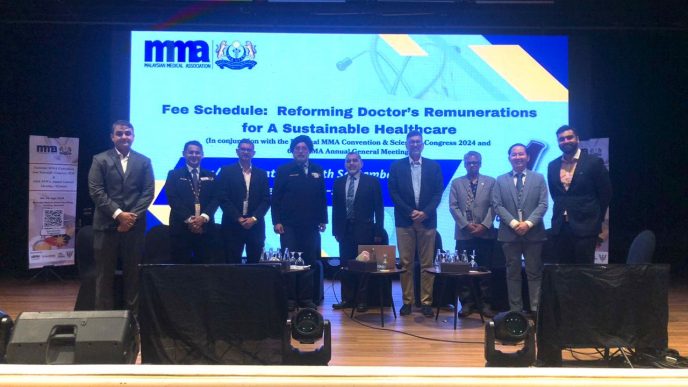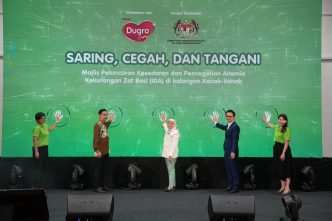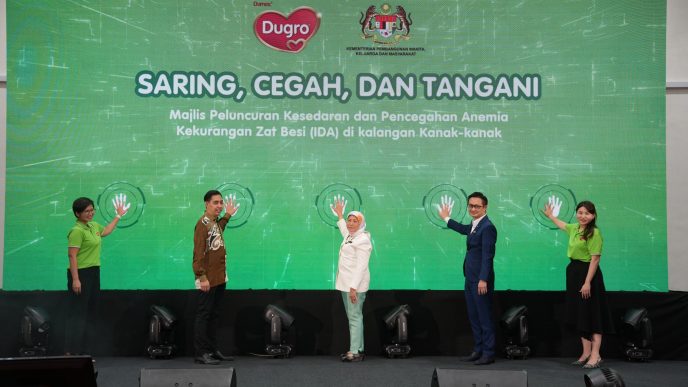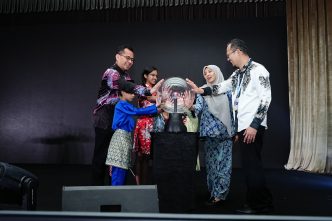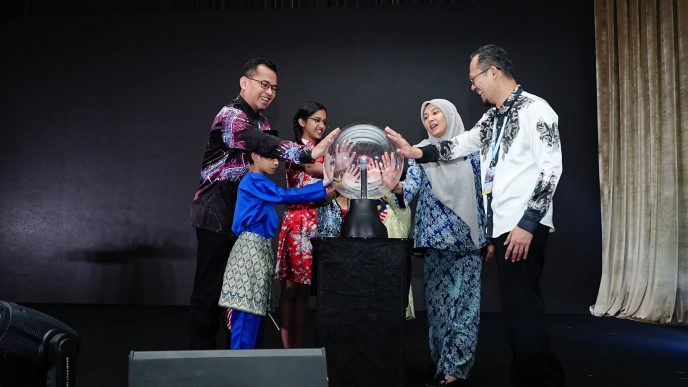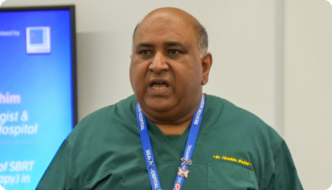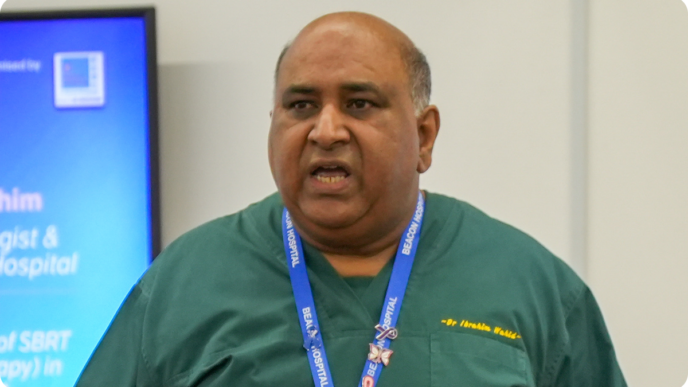WORDS LIM TECK CHOON
On 8 August 2024, the 16th ASEAN Health Ministers Meeting (AHMM) witnessed the launch of a pioneering initiative set to transform the region’s approach to airborne infections and pandemic readiness. This milestone took place in Vientiane, Laos.
KEY HIGHLIGHTS
- The Airborne Infection Defense Platform (AIDP) was officially launched.
- The platform focuses on strengthening tuberculosis response and overall pandemic preparedness.
- It is supported by United States Agency for International Development (USAID) and implemented by Stop TB Partnership and Stop TB Partnership Indonesia with the endorsement of ASEAN member states.
THE AIDP: A RESPONSE TO URGENT HEALTH CHALLENGES
The AIDP emerges as a critical solution to address the growing threat of airborne respiratory infections across ASEAN.
With more than 2.4 million people affected by tuberculosis in the region, and five ASEAN countries on the WHO’s high burden tuberculosis list, the need for a coordinated response has never been more pressing.
|
The AIDP aims to:
- Enhance cooperation among ASEAN member states,
- Agree on policies and methodologies.
- Exchange learnings and resources.
- Create surge capacity for tuberculosis cases.
- Improve overall pandemic preparedness.
The objectives would be carried out via a two-phase approach:
- Landscape assessment. Evaluate the current capacities of 10 ASEAN countries.
- Strengthening initiatives. Support community-based and primary health care activities
The AIDP will utilize cutting-edge technologies such as:
- Portable digital X-rays.
- Rapid molecular diagnostic platforms.
- Real-time digital surveillance tools.
A VISION FOR A RESILIENT HEALTH SYSTEM
His Excellency Dr Bounfeng Phoummalaysith, Minister of Health of the Lao People’s Democratic Republic, emphasized the importance of learning from the COVID-19 pandemic.
“We must create a stronger and more resilient system. The TB program has several management principles that can be easily adopted for any airborne disease. We need to invest in platform technologies and create infrastructure that can be deployed for future airborne pandemics,” he said.
Professor Tjandra Yoga Aditama MD, the Stop TB Partnership Indonesia Senior Advisor and AIDP Project Lead, stressed the importance of regional cooperation: “The condition of tuberculosis in ASEAN is quite concerning. This demonstrates the importance of working with ASEAN to strengthen the TB response system to not only create surge capacity for TB cases but also enhance pandemic preparedness.”
Additionally, Dr Suvanand Sahu, the Deputy Executive Director of the Stop TB Partnership, highlighted the project’s potential impact. “The first phase will improve understanding by carrying out a landscape assessment across 10 ASEAN countries. Our second phase will support initiatives to strengthen the preparedness capacity of TB responses across ASEAN,” he said.
His Excellency Dr Teodoro Herbosa, the incoming Stop TB Partnership Board Chairman, added that investing in tackling one airborne infection, such as tuberculosis, is an investment into tackling all airborne infections.
The launch of the AIDP marks a significant step forward in ASEAN’s commitment to public health and pandemic preparedness. As the region continues to grapple with the challenges posed by airborne infections, this innovative platform offers hope for a more resilient and responsive health system.

